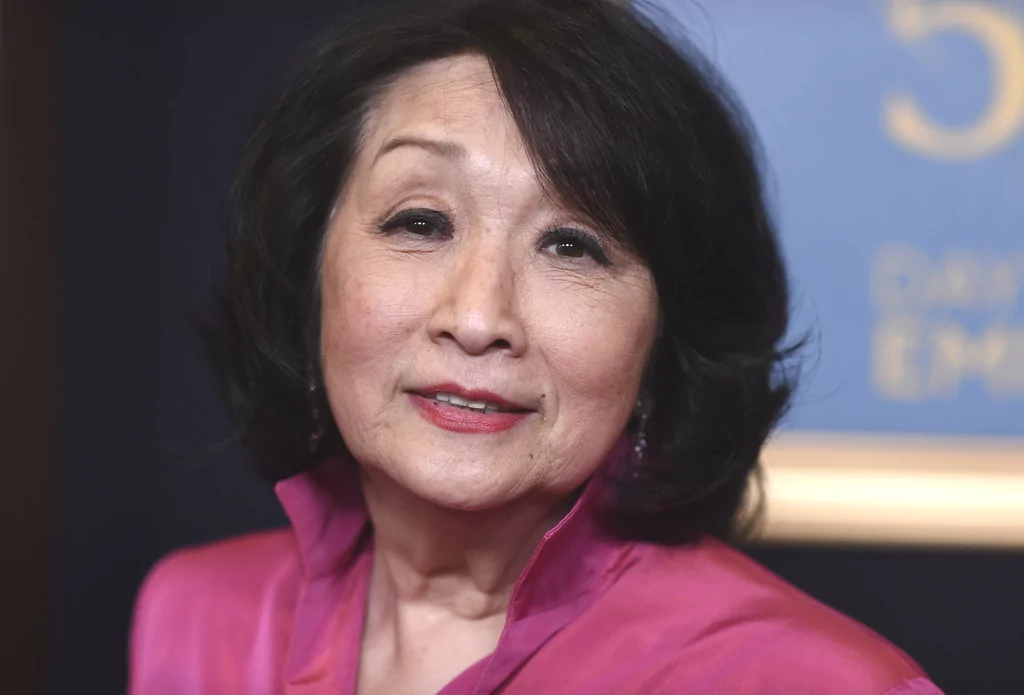

Journalist Connie Chung, the first Asian-American and second woman to co-anchor a major network’s national news broadcast, told The View on Wednesday that the Supreme Court‘s 2023 ruling to reverse affirmative action was heartbreaking.
Co-host Sunny Hostin asked Chung about calling herself an “affirmative action hire” in her memoir Connie, in which she describes her early career working in broadcast journalism.
“You write that you were an ‘affirmative action hire’ along with several other women, and now how do you respond to the dismantling of affirmative action, the very program that opened up the door so that we have Connie Chung?” Hostin asked.
“It breaks my heart because I know that if the 1964 Civil Rights Act had not become law and the Equal Employment Opportunities Commission not been formed, then I might not be here today,” Chung responded.
“Or might not have taken the path that I did, but the fact is that these companies had to make up for all the years of discrimination of never hiring women and minorities,” Chung continued.
In 2023, the Supreme Court decided in a 6-3 landmark ruling that using race as a factor in college admissions at Harvard University and the University of North Carolina violated the Constitution’s 14th Amendment’s Equal Protection Clause.
Later, in February 2024, the high court rejected taking up an appeal from a group of parents at Thomas Jefferson High School for Science and Technology in Virginia who were challenging the admissions policy that parents said discriminated against Asian-American students.
Another case by the group Students for Fair Admissions is being brought against the United States Naval Academy over the consideration of race as a factor in admissions at military academies.
CLICK HERE TO READ MORE FROM THE WASHINGTON EXAMINER
Chung was a news anchor and reporter for many major broadcast networks, including ABC, CBS, NBC, CNN, and MSNBC. She is currently retired and has been married for nearly 40 years to television personality Maury Povich.
Her new memoir describes her career as “an Asian woman in a white male-centered world.”




